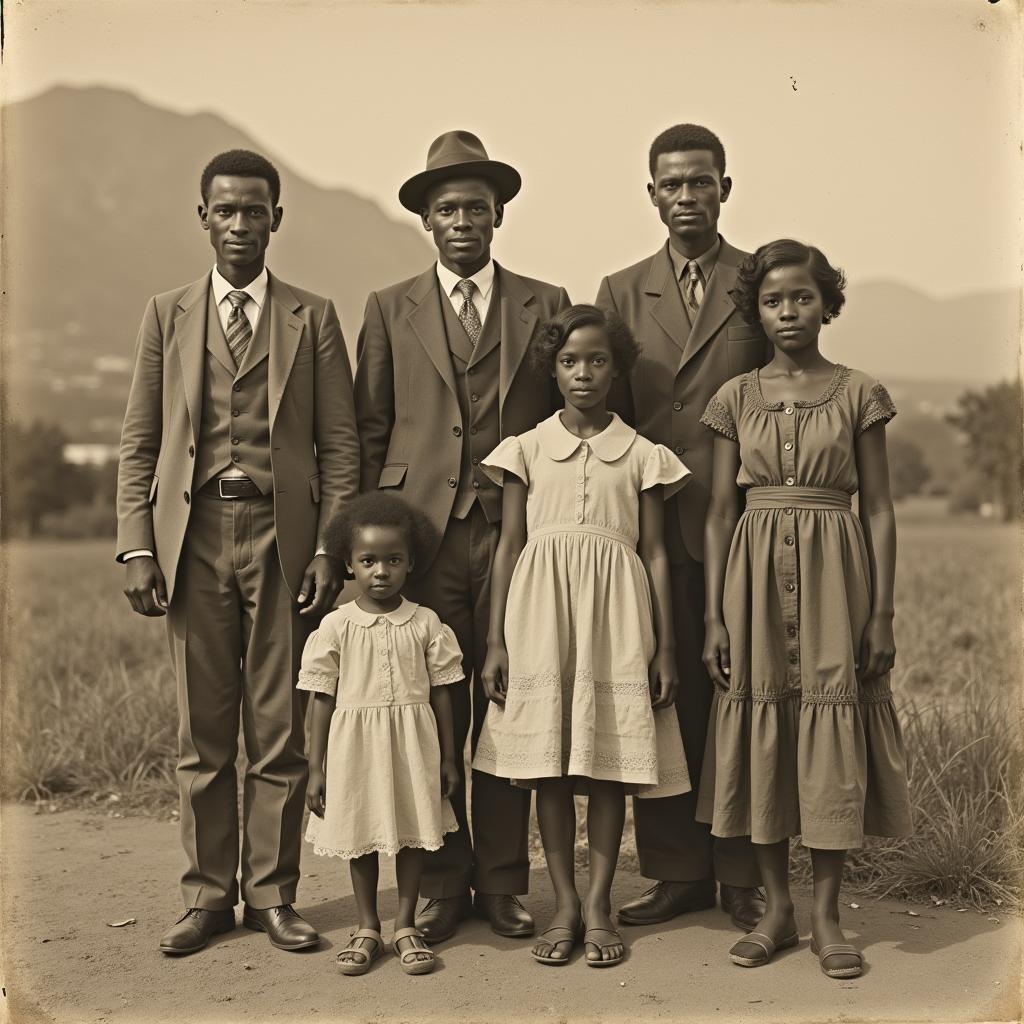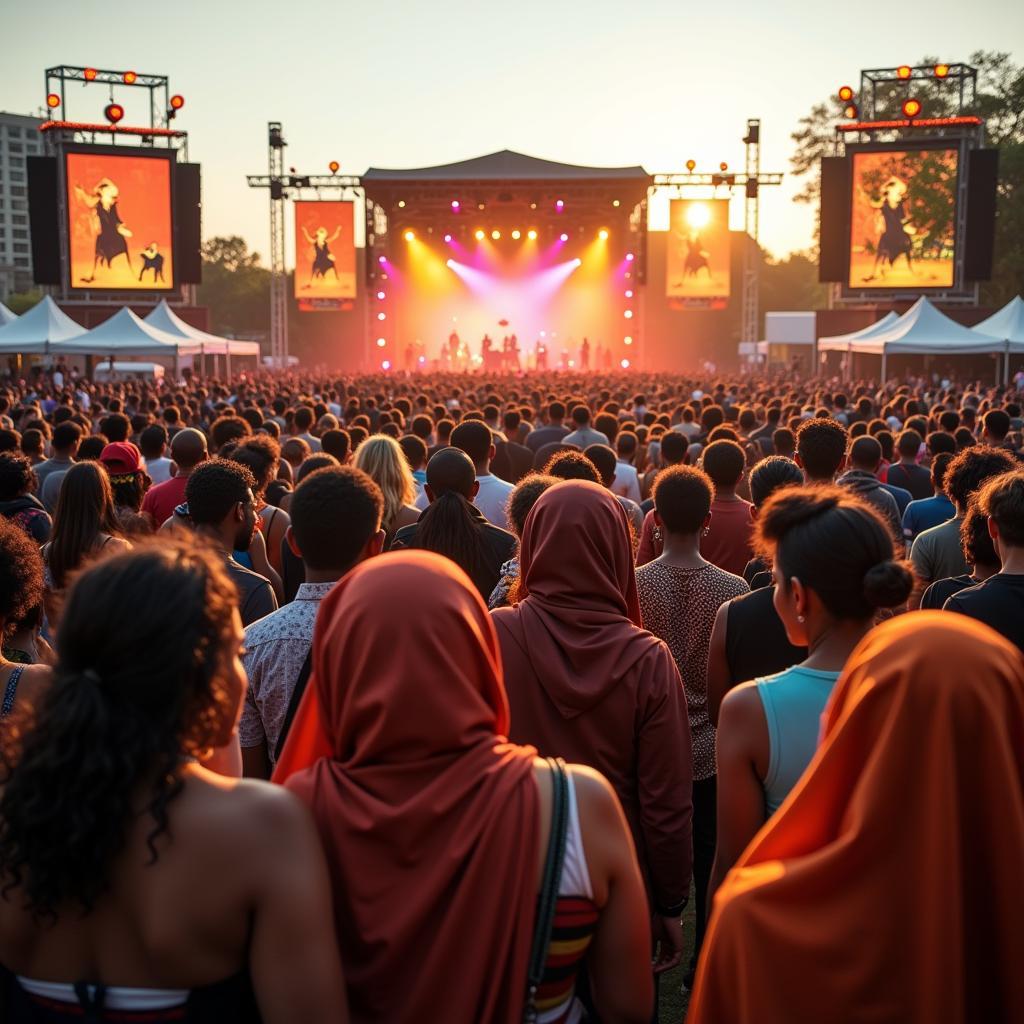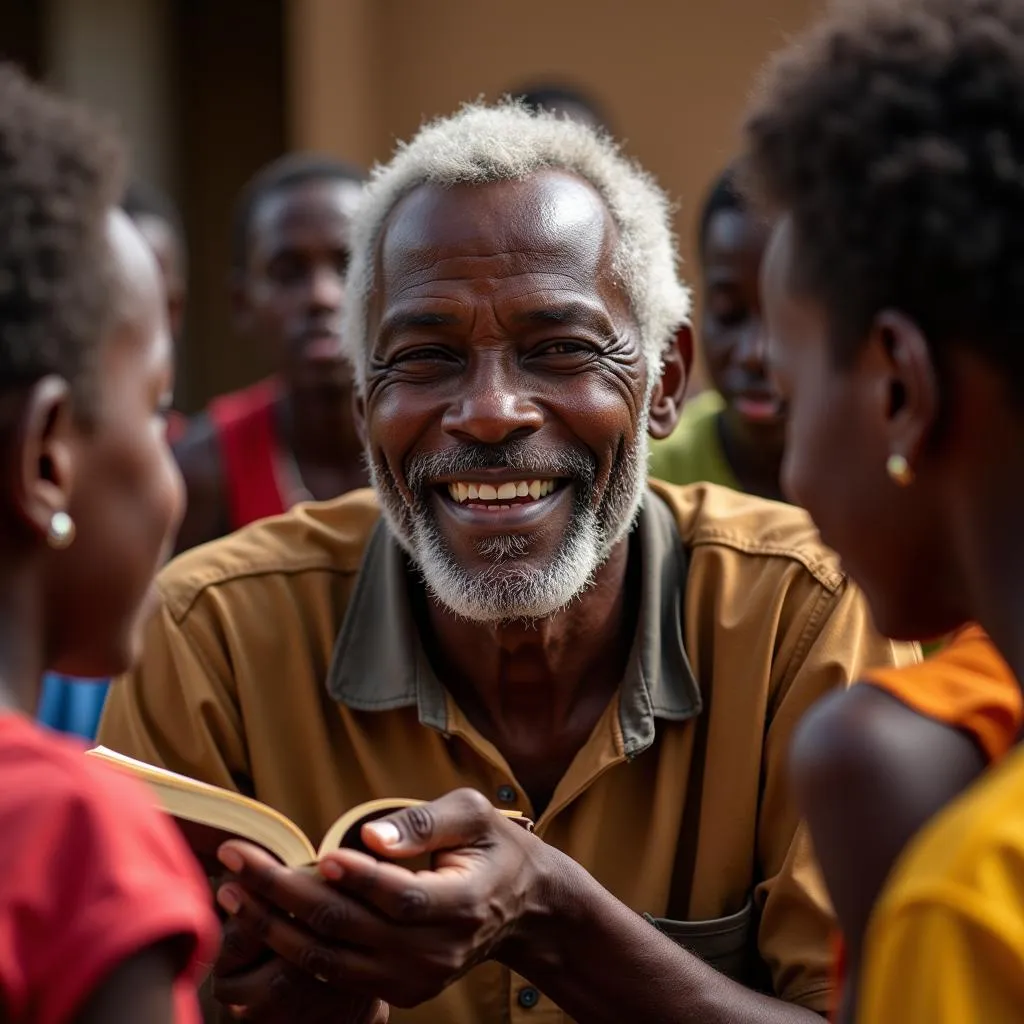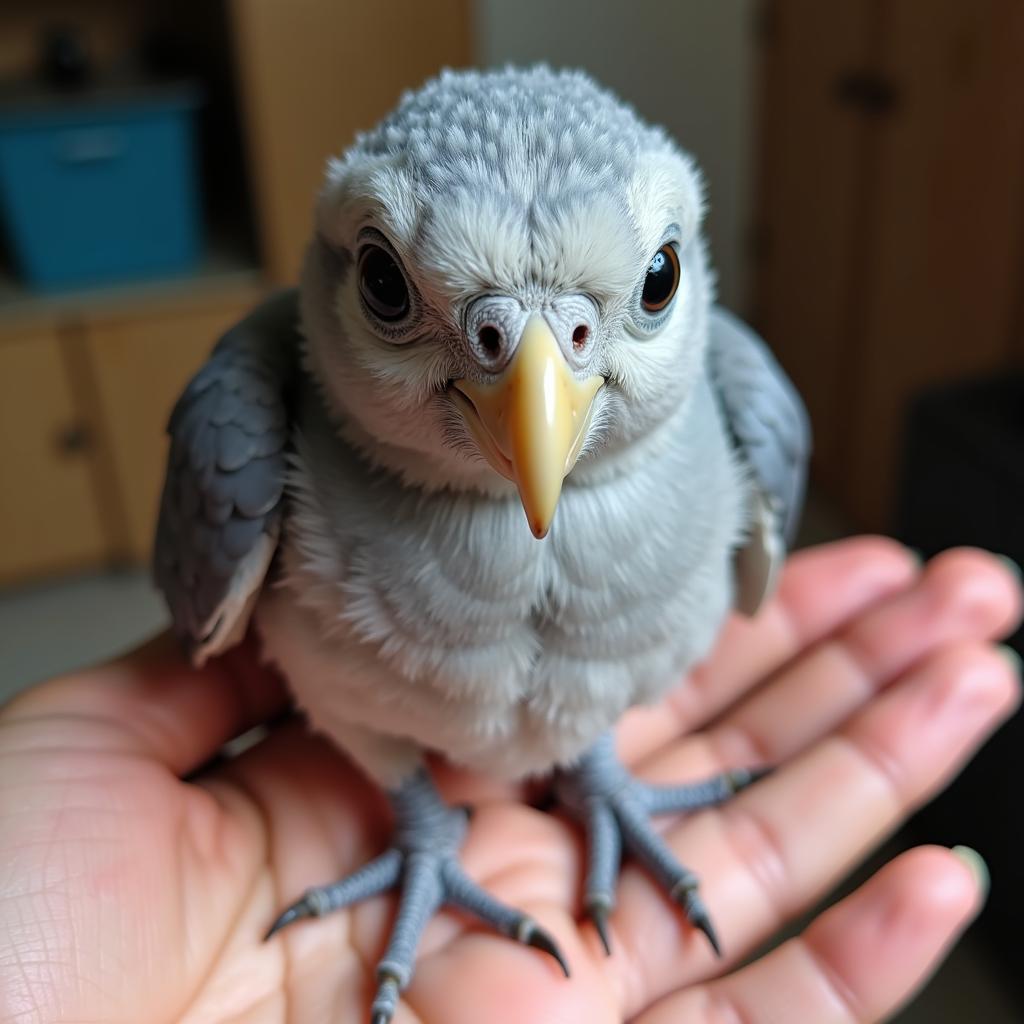Unraveling the Term “White African”: Identity, History, and Belonging
The term “White African” often sparks curiosity and raises questions about identity, history, and belonging within the diverse tapestry of the African continent. While seemingly straightforward, the phrase encompasses a complex reality shaped by centuries of migration, colonialism, and evolving social dynamics. This article delves into the multifaceted aspects of being a “white African,” exploring historical context, cultural nuances, and contemporary perspectives.
A Legacy Shaped by History
Understanding the presence of white populations in Africa necessitates a journey back in time. The arrival of European settlers, primarily from the Netherlands, Portugal, and Britain, starting in the 17th century, marked a turning point. Driven by exploration, trade, and colonization, these arrivals led to the establishment of European settlements, particularly in Southern Africa.
 South African Family Portrait
South African Family Portrait
The discovery of gold and diamonds in the 19th century further fueled European immigration, particularly to South Africa, Zimbabwe, and Namibia. These colonial endeavors resulted in significant demographic shifts, with white populations establishing political and economic dominance in many regions.
Identity in a Post-Colonial World
The post-colonial era witnessed a profound transformation in the concept of “white African” identity. The dismantling of apartheid in South Africa in 1994 marked a pivotal moment, challenging established racial hierarchies and prompting a re-evaluation of identity politics across the continent.
 African Wildlife Photographer
African Wildlife Photographer
Many white Africans today identify strongly with the continent, considering themselves an integral part of its social fabric. They often have deep roots in Africa, with generations of family history intertwined with the land. Their sense of belonging stems from shared experiences, cultural influences, and a profound connection to the continent’s landscapes, wildlife, and people.
Cultural Fusion and Diversity
The presence of white Africans has contributed to the cultural fusion that characterizes many African nations. From Afrikaans, a language born from Dutch and indigenous languages in South Africa, to the architectural styles reflecting European influences, the continent bears witness to this cultural exchange.
 African Music Festival
African Music Festival
However, acknowledging this cultural fusion also requires recognizing the disparities that persist. The legacy of colonialism continues to cast a long shadow on social and economic landscapes. Addressing these inequalities remains crucial to fostering genuine inclusivity and understanding.
Navigating the Future
The question of “What does it mean to be a white African?” continues to be explored and redefined by each generation. As Africa undergoes rapid social and economic transformation, questions of identity, belonging, and reconciliation remain at the forefront.
By engaging in open dialogues, acknowledging historical complexities, and celebrating the continent’s rich diversity, a more inclusive future can be forged – one that recognizes the multifaceted identities that contribute to the vibrant mosaic of African Life.


